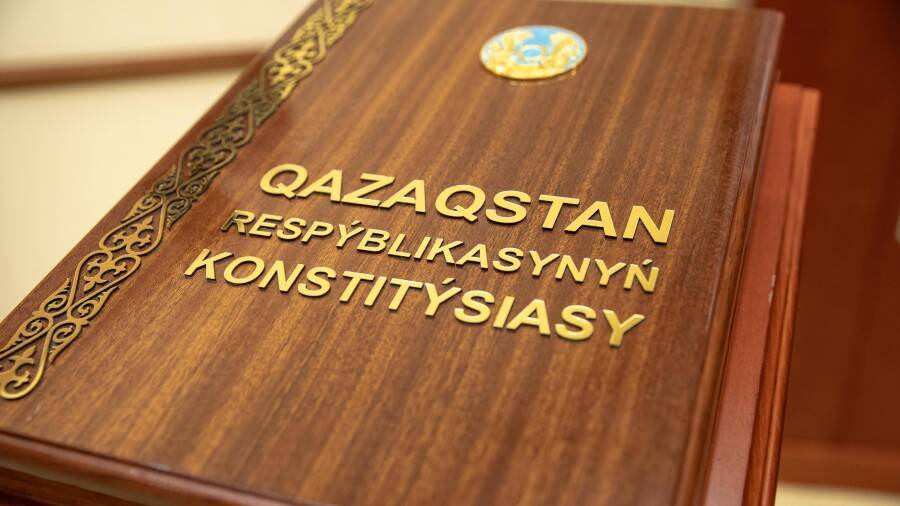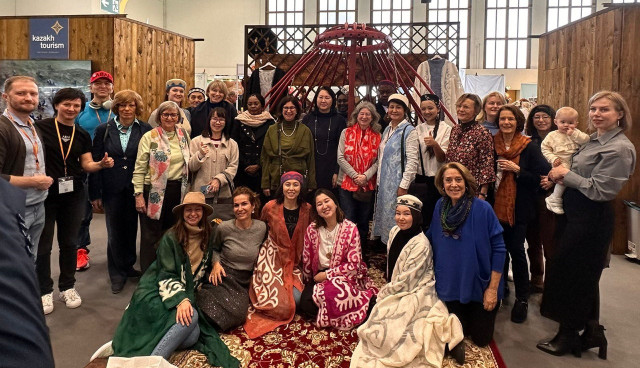
More than 500 samples of fodder
plant seeds from Kazakhstan have been transferred to the Svalbard Global Seed
Vault. Among these are seeds of Agropyron, alfalfa and other wild perennial and
cereal representatives of Kazakh flora. Scientists from the Kazakh Research
Institute of Agriculture and Plant Growing participated in the opening ceremony
for depositing them into the world’s largest backup facility for crop diversity
in permafrost conditions. According to them, this measure will help preserve Kazakh
fodder crops at the species and ecotypic levels. It is noteworthy that the Norwegian
vault currently houses samples of crops from various countries around the world,
namely over a million seeds of almost 6,000 plant species from 89 seed banks.
The vault is intended to ensure food security in case of a global catastrophe.
“Kazakhstan is very rich in plant resources,
with 70 percent or more than 180 million hectares being pasture lands. It
is necessary to preserve the biodiversity of these pastures by conserving it in
a gene bank and supporting the organization of protected area reserves. Through
the monitoring of the most valuable species, we are also planning to open a new
area for field conservation of these plants under the institute,” said Galiolla
Meirman, Deputy Chairman of the Board for Innovation at the Kazakh Research
Institute of Agriculture and Plant Growing.









